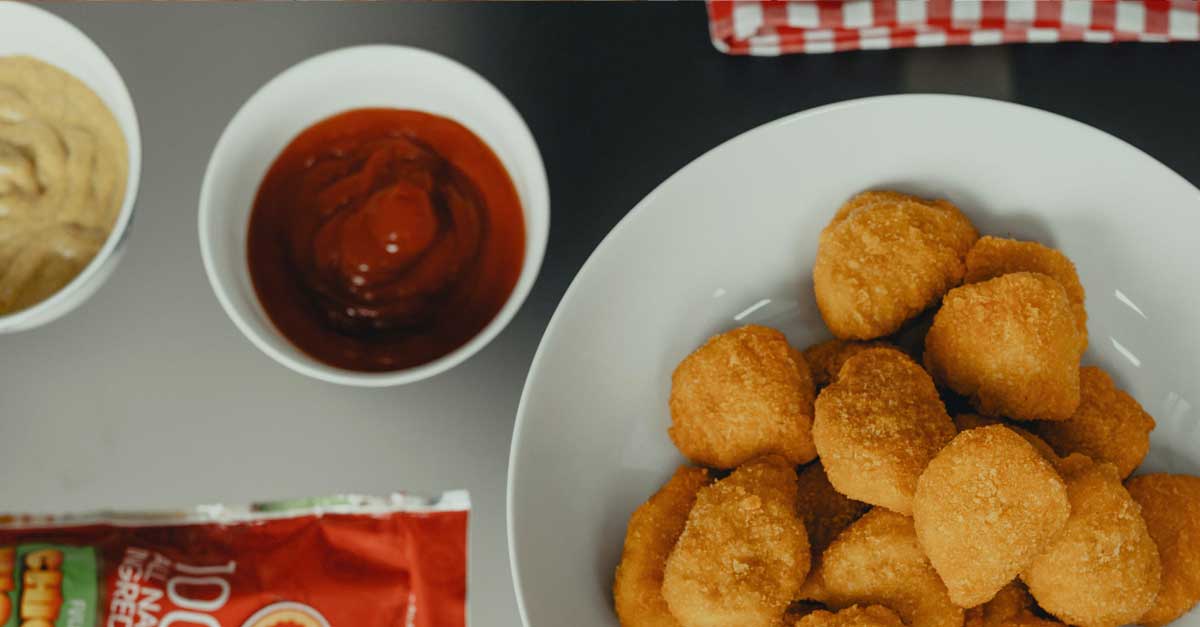
Don’t Judge a Drink by it’s Packaging
Aluminum or Bottled
Which Tastes Better?
We all have a favorite drink that we prefer to consume one way or another. Is there really any science as to why we choose one over another, and does the container alter the taste? Flavor contamination is a much argued and studied subject. So, we were curious about what we could find out about the topic.
The Science Behind the Taste
Flavor compounds are subtle molecules; minute changes to these can affect taste in a big way.
Canned Drinks
Aluminum cans have a Bisphenol-A lining produced by the condensation of phenol and acetone. It is a component used in metal canning that is poorly water-soluble, and it is used as a coating to protect food or beverages from entering direct contact with metal. While there has been some debate over the safety of ingesting the bisphenol that migrates to the product, the common consensus is that it does not alter taste. However, we are particularly sensitive to metallic tastes, so it may be argued that the perceived difference of flavor comes from the mere act of putting your mouth or tongue directly on the uncoated opening of the container.
Plastic or PET bottled Beverages
What is certain is that carbonization affects taste; flat drinks tend to taste much sweeter. Compared with glass bottles, plastic tends to lose carbonation more quickly. And that loss of carbonization could slightly affect the taste of your drink. Some popular science argues that plastic bottles may transfer acetaldehyde directly to the liquid, however whether that could be responsible for the “plasticky” taste is unproven.
Glass Bottled Refreshments
Glass is the least chemically reactive packaging and retains carbonation the best; it also has no smell or flavor to alter our perception of taste. Drinks bottled in glass and stored correctly (away from light) retain their flavor and carbonation much better than the above two alternatives, though aluminum comes in a close second.
Perception of Taste Versus Reality
We humans judge the world around us based on a wholly personal level according to several internal and external factors. Believe it or not, experience plays a massive part in perceiving taste! Smell is one of the top factors, olfactory receptors are intimately linked with how we taste foods and beverages. Mental memories or associations with specific feelings when eating or drinking will likewise impact the perceived taste of our favorite food or drink. And the top external factor to affect taste is temperature being as it affects the aromatics that stimulate our sense of smell.
The Ultimate Guide to Cheese Packaging Solutions for Maximum Freshness
in Dairy, UncategorizedWith so many factors to consider, it’s no wonder choosing cheese packaging machinery can...
Industrial Labeling Machines Boost Vitality
Automated pressure-sensitive industrial labelers have little to no indirect or hidden cost...
A Quick Introduction to Food Processing and Packaging
Food processing is a mechanical process that transforms raw ingredients and especially foo...
Cobots, Our Compelling Manufacturing Allies
Cobots or Collaborative Robots are designed to work in common spaces, in close range with ...






